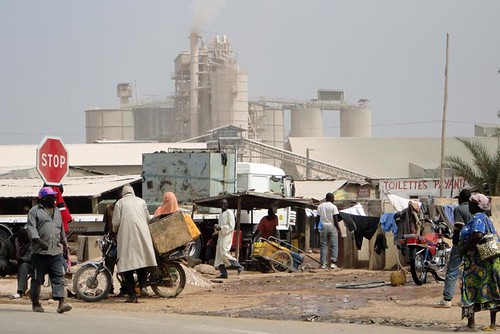
Rhetoric or Reality? Communities Scrutinize Cameroon's Mining Governance Efforts
A noteworthy study from NRGI partner Réseau de Lutte contre la Faim (RELUFA) combines EITI data and legal analysis to show the impact of mining projects on communities in northern Cameroon—where, despite 50 years of industrial extraction, social and economic development is lagging.
The study, available in French and English, includes recommendations that signify a move toward real improvement in the country’s extractive sector governance.
Key findings:
-
Without contract disclosure, it is difficult to effectively monitor the social payments or expenditures by companies.
-
The legal, institutional and operational arrangements in Cameroon are inadequate and inappropriate for monitoring sub-national transfers to local councils and local communities.
-
The exclusion of local councils and local communities in the whole management process are operational barriers to monitor mandatory social expenditures and sub-national transfers;
-
Social expenditures are commonly interpreted as voluntary by companies, and there is virtually no close monitoring and supervision by public authorities.
-
Although social expenditures, sub-national payments and transfers may not be considered significant by the Extractive Industries Transparency Initiative (EITI) committee due to the high materiality threshold, these are important revenue streams for local communities and the councils.
-
The ongoing legal reforms in the mining sector and the new EITI standard are unique opportunity for meaningful reforms in Cameroon.

A cement plant towers over Figuil, Cameroon. A new study looks at the economic and social impact of mining on the community.
In the Figuil locality, where the study took place, sub-national transfers and social expenditures made by cement and marble production companies can represent up to half of local council budgets. These revenues are now reported under the new EITI standard, raising hopes for greater transparency and long-term development in Cameroon.
Evelyne Tsague is NRGI’s Francophone Africa regional coordinator. Patrick Heller is NRGI’s head of legal and economic programs.
Authors

Evelyne Tsagué
Africa Capacity Development Advisor

Patrick Heller
Chief Program Officer